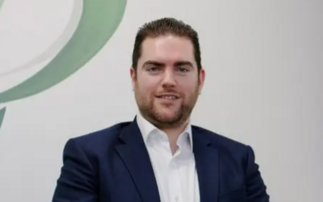Today's tough trading conditions have not prevented some entrepreneurs from getting off the blocks. Doug Woodburn discovers how they have managed to keep pace with the pack
Despite the savage business climate, the rich vein of entrepreneurism that characterises the IT channel remains irrepressible. With the double-dip recession deepening, competition intensifying a...
To continue reading this article...
Join CRN
- Enjoy full access to channelweb.co.uk - the UK’s top news source for the IT channel
- Gain the latest insights through market analysis and interviews with channel leaders
- Stay on top of key trends with the Insider weekly newsletter curated by CRN’s editor
- Be the first to hear about our industry leading events and awards programmes
Already a CRN member?






